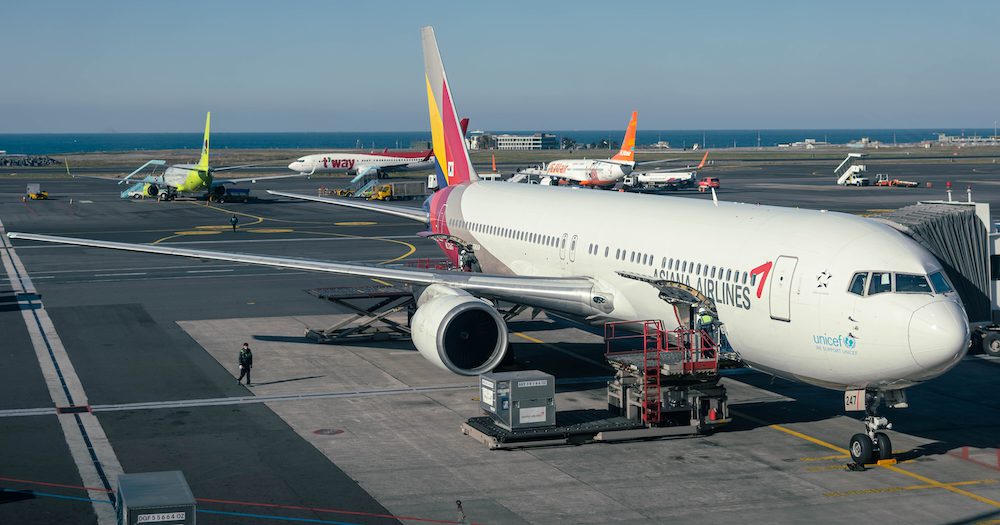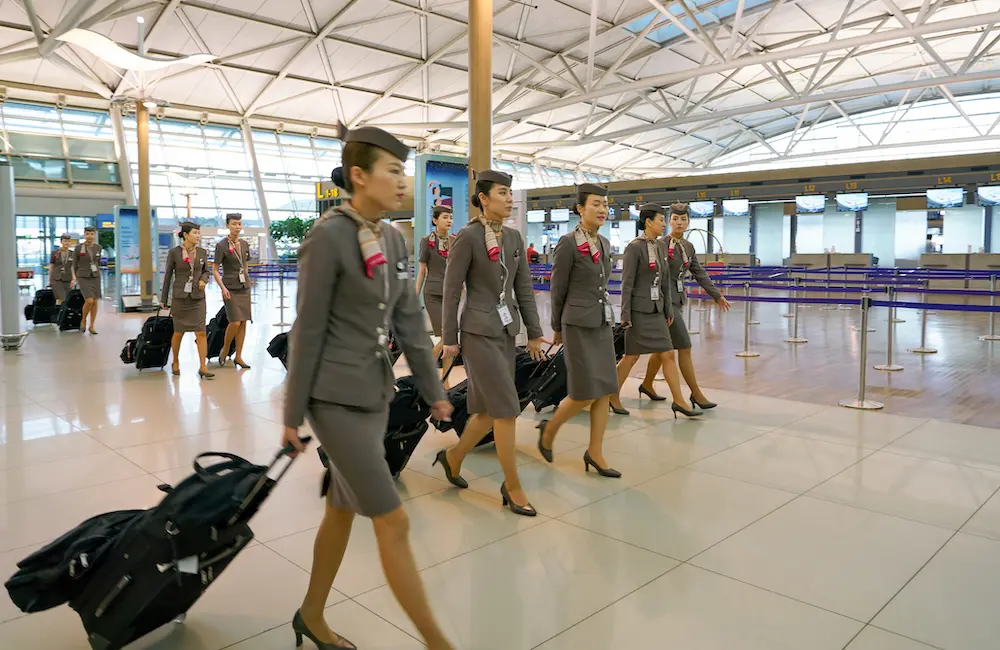Korean Air has officially acquired Asiana Airlines, completing a process that began in November 2020.
On 12 December, Korean Air secured a 63.88% stake by purchasing over 131 million newly issued shares, cementing Asiana Airlines as a subsidiary.
This milestone follows the payment of KRW 800 billion to finalise the transaction, bringing the total investment to KRW 1.5 trillion. Asiana Airlines plans to hold an extraordinary shareholder meeting in January to appoint board members nominated by Korean Air.

Over the next two years, Korean Air will integrate Asiana Airlines, focusing on optimising flight networks, launching new destinations, and bolstering safety measures.
The merger aims to enhance Korea’s aviation industry, strengthen Incheon Airport’s hub capabilities, and expand global connectivity.
Importantly, the integration will occur without job cuts. Employees in overlapping roles will be reassigned, with further workforce growth expected through business expansion.

An integrated frequent flyer program framework will be submitted to the Korea Fair Trade Commission by mid-2025, with details to follow regulatory approval.
The acquisition marks a significant step in boosting Korea’s aviation competitiveness, positioning Korean Air to thrive in the global market and better serve travellers worldwide.
Earlier this year, the proposed merger was given the go-ahead by 12 competition authorities, with only approvals from the European Union (EU) and the United States still to come.
One year ago, Asiana commenced the first non-stop flights between Melbourne and Seoul Incheon Airport. The South Korean carrier also currently operates a daily direct service from Sydney to Seoul Incheon.
Based at Incheon Airport, Korean Air serves 115 cities across 40 countries with 158 aircraft.






